A docudrama that covers the 12 day hunt for President Lincoln's killer, Apple TV's Manhunt is a historical cat and mouse thriller that places audiences right in the middle of the chaos caused by one of America's most well known events.
Manhunt Review
Every school kid growing up in America has heard of Abraham Lincoln. He was the sixteenth president of the United States who fought to unite the country and end slavery. He was also assassinated five days after the end of the Civil War at Ford’s Theatre by b-list actor John Wilkes Booth. And that's all we are ever really taught, without so much as a cursory glance at the fallout, what ifs, or the fact he wasn't this rebel group's only target. Series creator Monica Beletsky aims to change that with a seven-part miniseries based on the novel “Manhunt: The Twelve Day Chase for Lincoln's Killer” by James L. Swanson. Beletsky takes audiences back to the time of the murder, the days leading up to it, and the chaos that followed. It deftly off the “conspiracy thriller” it advertises itself to be even though we know the outcome.
And like other historical dramas, such as Hamilton, it brings to light key moments and players who have been left out of the narrative. While it does focus heavily on the 12-day-long chase that ended with the death of Booth and persecution of some of his co-conspirators, Beletsky makes the smart choice not to make Booth the center of the story. This elevates Manhunt above previous dramatizations of Lincoln's death, because instead of having the irredeemable Booth (Anthony Boyle) anchor the story, she places Secretary of War Edwin Stanton (Tobias Menzies) front and center. Stanton, whose name has been largely forgotten, played a pivotal role in both finding Booth and maintaining structure in a time when the ideals of the Union hung on by a thread.
Manhunt begins by setting the stage and starting the clock. It's the day of Lincoln's death and the players have assembled. From there, the momentum kicks into high gear as the 12 day chase begins. Despite the fact that the killer's identity is never in question–Booth literally leaped onto the stage in front of a packed house to declare he killed Lincoln (Hamish Linklater)– it still delivers that same eagerness and rush that comes with solving a mystery. After Booth makes a mad dash across the river, we see Stanton and his team gathering evidence and deciding the best course of action to trap Booth, or at the very least slow him down. I had to laugh at their ingenious plan to ban the sale of horse feed in Maryland after they learned Booth fled to the state.
From there we switch over to Booth as he flees from his crime, as arrogant as ever. Beletsky is quick to reveal Booth is neither cunning nor a serial killer, but rather a petulant man-child who gets high on his own self importance. However, Booth's actions did manage to land a hurtful blow to a country still reeling from the horrors of war. “Has Booth triggered a new Civil War where we have to prepare for surprise attacks by civilians?” a journalist (Josh Stewart) asks Stanton. The latter waves it off but soon learns how deep the conspiracy runs including the fact that Lincoln's death was part of a three-pronged attack, something I know I never learned in school. Lincoln's Secretary of State, William Henry Seward (Larry Pine), was also attacked in his home but survived thanks to a carriage accident that left him in a brace. Whereas Vice President Andrew Johnson (Glenn Morshower) got off easy as his assassin never showed.
Menzies fits the role of Secretary of War to a tee as he plays Stanton with his signature seriousness, determination, and dominating presence. Beletsky made the creative choice in Manhunt to have Stanton move from behind the desk (where he delegated things in real life) to the field where he could oversee the pursuit of Booth personally. This obviously makes him far more interesting and easy to root for. Historically, as well as in the show, Stanton was a huge advocate for Black citizens, taking up Lincoln's banner after his untimely death. But he also allowed “confederate workers [to] save face,” so he was not wholly a saint, nor does the show make him out to be one. Menzies, knowing all of this, never acts in a way that places Stanton on a pedestal. Rather he plays him with a quiet steadfastness that allows his civility and intelligence to shine through.
On the other side of the story is Booth, a b-list actor from a family of actors, desperate to be known for being more than an extra or side character. Boyle plays Booth as both charming and moody, grinning big when people pay attention to him but then hunching over, sulking when the spotlight moves on. He basks in the notoriety he receives from being the man who killed Lincoln–“I always read my reviews” he chirps as the newspapers roll out stories on the events of that night. He lives off his charisma but all of it runs thin very quickly as the chase goes on.
The series employs a series of time jumps to establish motives and relationships, especially that of Stanton and Lincoln. Thankfully they do not hinder the momentum of the central plot. It also, as most historical outings do, plays around a bit with the facts, condensing several people into one or as mentioned above have Stanton present in all sorts of places he never would have been. One of the most intriguing aspects of the story is the depiction of Mary Simms (Lovie Simone), a woman who along with her brothers, were enslaved by Dr. Samuel Mudd, the man who treated his wounds and housed Booth for a time. Simms was not actually living at Mudd's at the time of Booth's visit but there were other female slaves present. The real-life Simms did however testify against Mudd at his trial and the choice was made to have her present at Mudd's home for the purpose of the show.
Manhunt is a gripping, historical crime thriller that places audiences right in the middle of the chaos caused by one of America's most well known events. There is a lot for this series to unpack as it dives into people and complex story parts mostly unknown to the public. Fortunately it manages to lay it all out in a way that is intriguing, exciting, and understandable, no degree in history needed. Manhunt is not just about the hunt for Booth but it is also about the man who did the hunting. Stanton was such a key figure in our nation it's a shame it's taken this long for anyone to give him his due. It also implores us to remember the past and to make choices for a better tomorrow, much like Lincoln, Stanton, and their supporters did over 150 years ago.
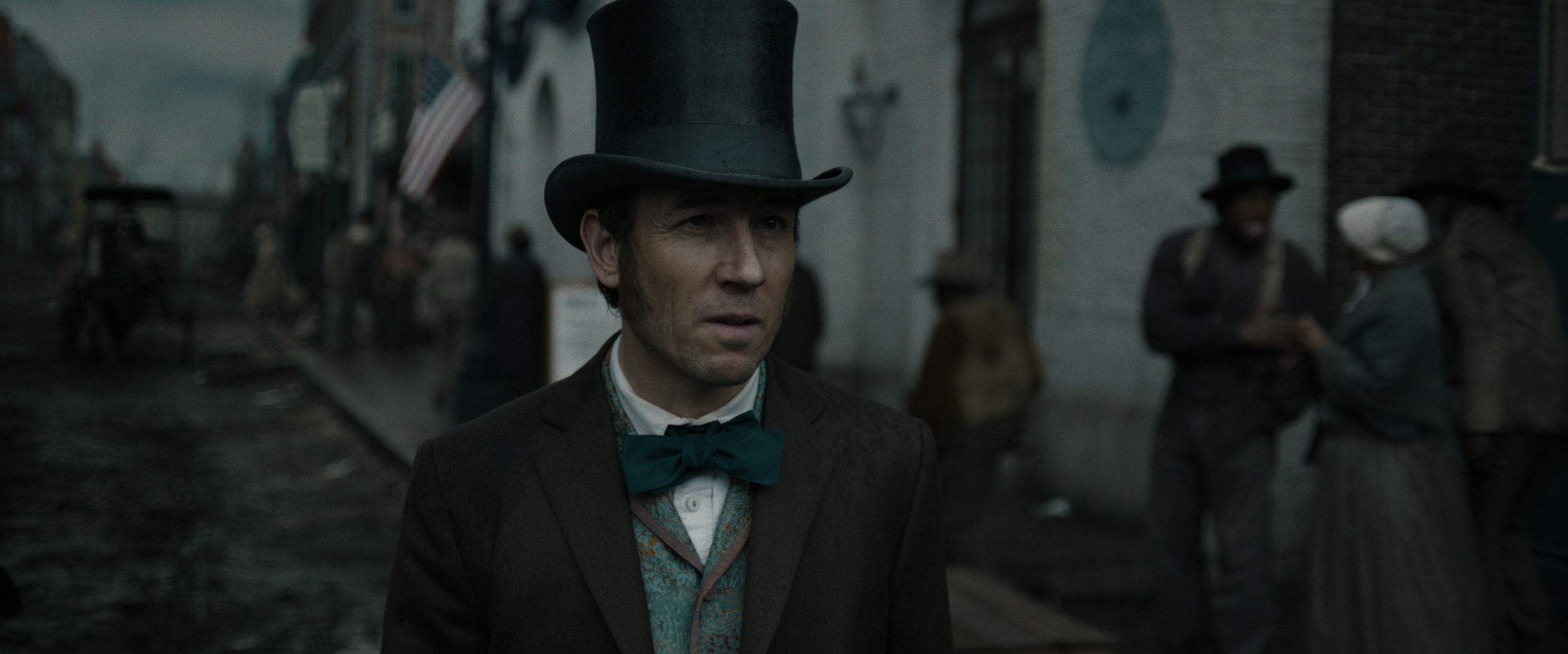
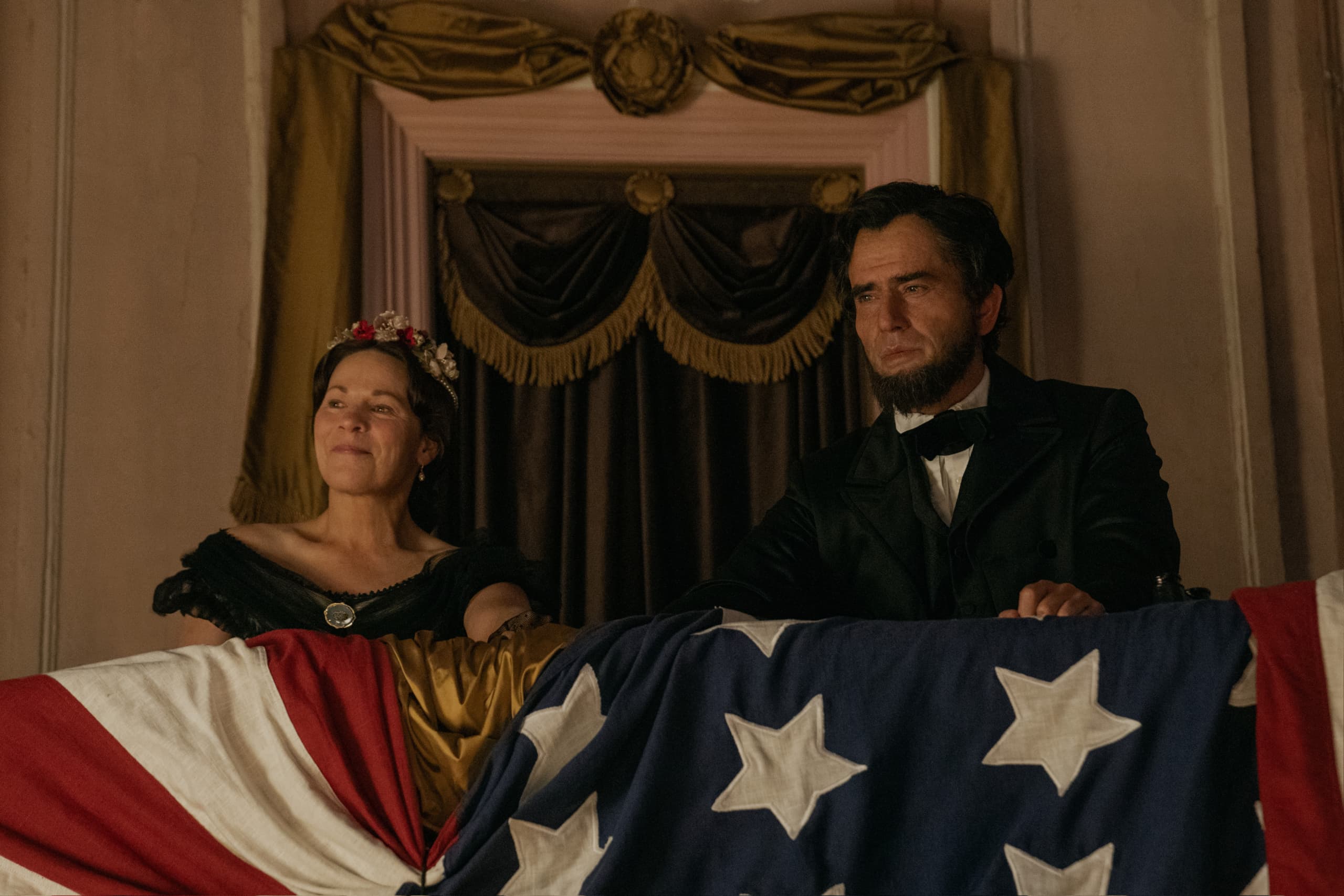
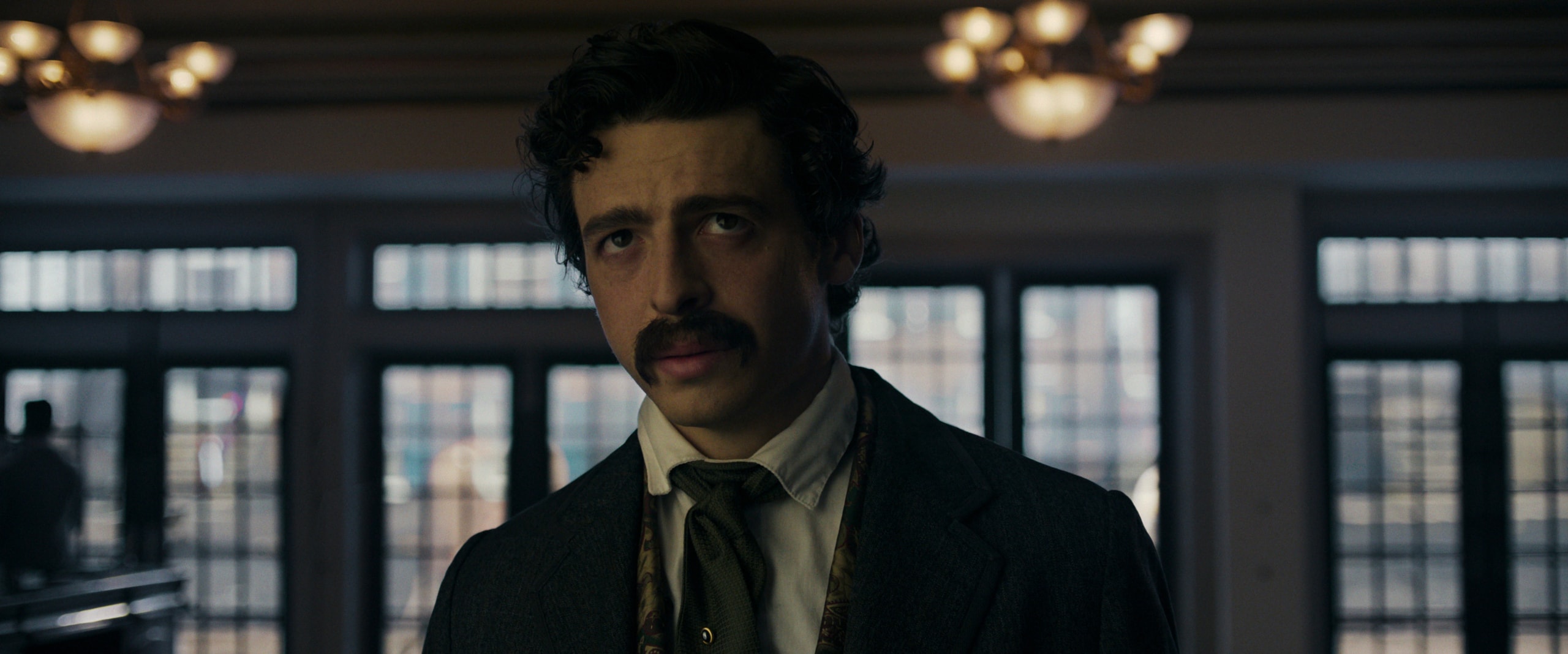
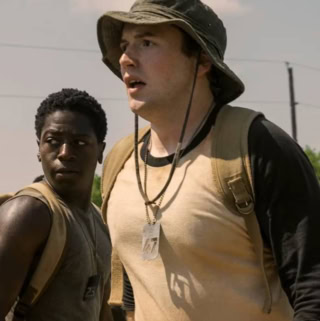


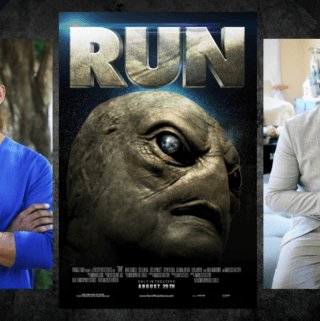

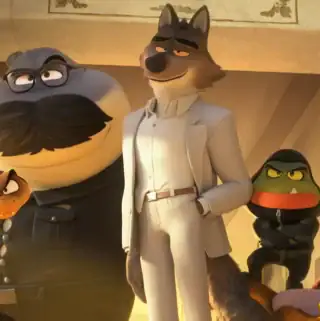
Leave a Reply